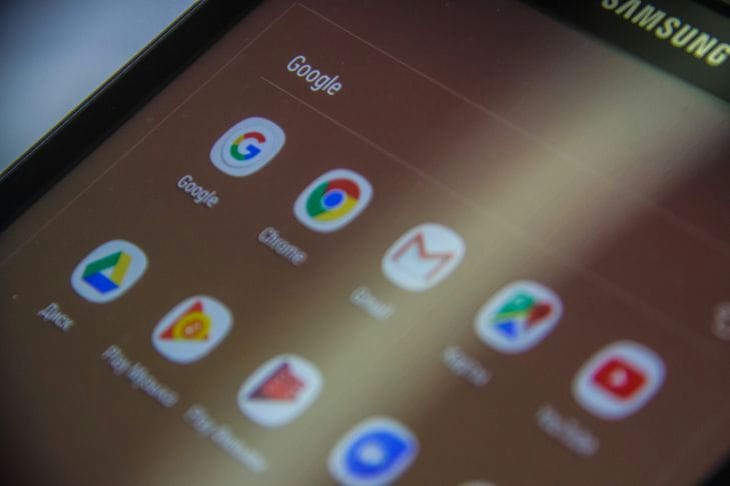- Start monitoring mobile traffic
- Remove all unnecessary applications
- Set the update settings to Wi-Fi only
- Disable auto-download and auto-play media
- Set the video quality settings to minimum
- Transfer files directly
- Pre-compress all transferred files
- Install a budget browser
- Disable all unnecessary PUSH notifications
- And a little about resetting the cache
How to Reduce Internet Traffic Consumption on Your Smartphone: 9 Tips
Although mobile Internet has become much more accessible now than it was just ten years ago, even now a person may have a need to save mobile traffic.
The reasons for such a need may be different:
- you decided to simply reduce your mobile phone costs,
- you are currently in a region where the quality of mobile communications is poor,
- You decided to go abroad, where tariffs are expensive and the quality of communication is so-so.
Of course, there may be other reasons to save mobile data. But is it possible to reduce mobile data consumption?
Generally yes, the following tips will help you with this.
Start monitoring mobile traffic
Each mobile operator has its own applications for managing tariff plans, various additional services and monitoring the remaining megabytes and minutes. If you do not have this application yet, be sure to install it.

Additionally, there are third-party apps that will show you exactly how much mobile data you've used on a given day.
And also look at the data in the phone settings, for example, Android phones show how much traffic your various applications used.
Remove all unnecessary applications
When a person uses his phone for a long time, over time he ends up with a variety of applications that were once needed, but now, and in the foreseeable future, will no longer be needed.
But the thing is that most applications periodically access the Internet, even if you have not used these applications for a long time. And although in most cases the traffic consumption in the background will be minimal, it will still be there.
Set the update settings to Wi-Fi only
It is necessary to update applications. First of all, for security, because often even the most reliable applications have security holes that can be used by attackers.
Constantly installing updates manually is a bad solution, you'll just take on extra work. But making sure your phone and your apps are only updated over Wi-Fi is a good idea.
Disable auto-download and auto-play media
We all use different social media applications.
And you'll want to make sure your app doesn't automatically play videos, download photos, and other files while you're just browsing your feed. So go into the settings for each of these apps and set the appropriate settings.
Set the video quality settings to minimum
In an app like YouTube, you can manually set the picture quality when there is no Wi-Fi connection.
Since you are watching these videos on a small screen, you can easily set the minimum value.
Transfer files directly
Now, when we need to transfer files to another person, we most often use the Internet, for example, we transfer files using Telegram.
But if the person is next to you, you can use good old Bluetooth and transfer files to another phone through it. Or via Wi-Fi using programs like SHAREit.
Pre-compress all transferred files
Most apps compress photos before they are transferred. But you can download a photo and video compression app ahead of time and control how much to compress the files you transfer.
If you often transfer various text files, such as Word documents, it makes sense to install an archiver on your phone and first archive the necessary files and transfer them already compressed. But in this case, make sure that the recipient of your data knows how to unpack the archives you transferred.
Install a budget browser
Many mobile browsers simply do not download anything extra from the Internet, thanks to which you can view pages without unnecessary Internet consumption.
Disable all unnecessary PUSH notifications
All these notifications mean that your programs are constantly accessing the Internet, and the notifications themselves also take up traffic. So make sure that you only receive notifications that you really need.
And a little about resetting the cache
Many people like to constantly clean their phone. And here the cache usually gets caught in the crossfire.
It sounds great, because the optimizer program will remove all the junk, and the phone will work faster. But in practice, if you have enough space on your phone, and if your phone is not too old, then you should not reset the cache.
The thing is that when you re-enter the site, the browser will first check your cache, and if it sees that some of the files are already on your phone, it simply won't download them again from the Internet. This way, you'll save some traffic.
Therefore, if your phone is working fine, then you should not reset the cache.
As you can see, with these simple tips you can significantly reduce your internet traffic consumption.
Earlier we wrote about how to clean an iron quickly and correctly.
